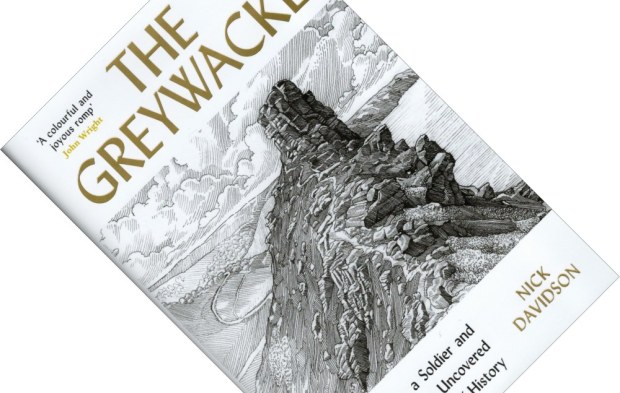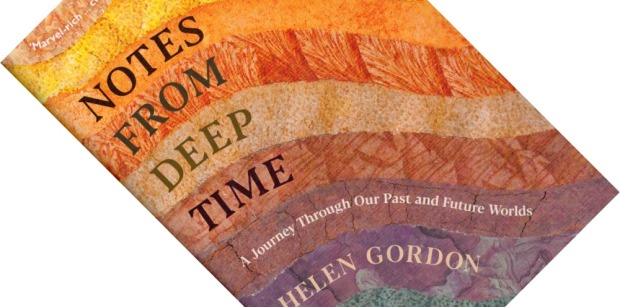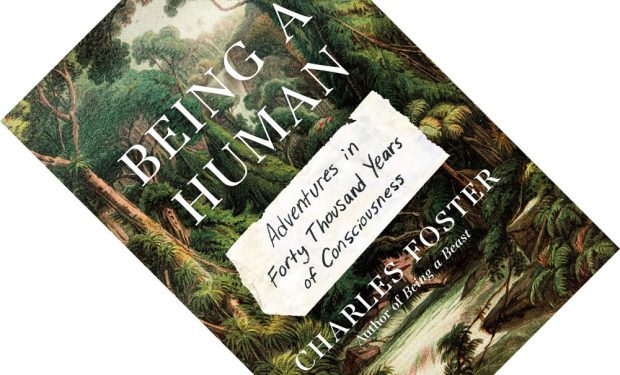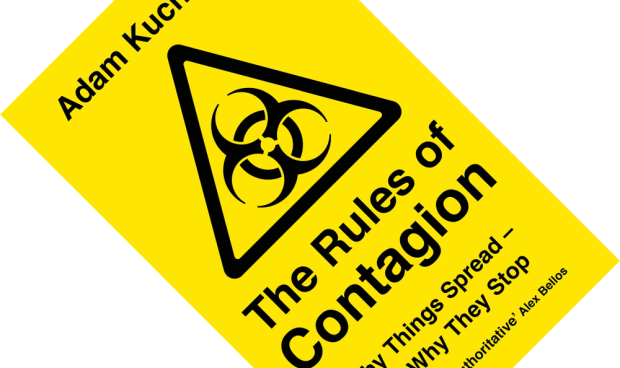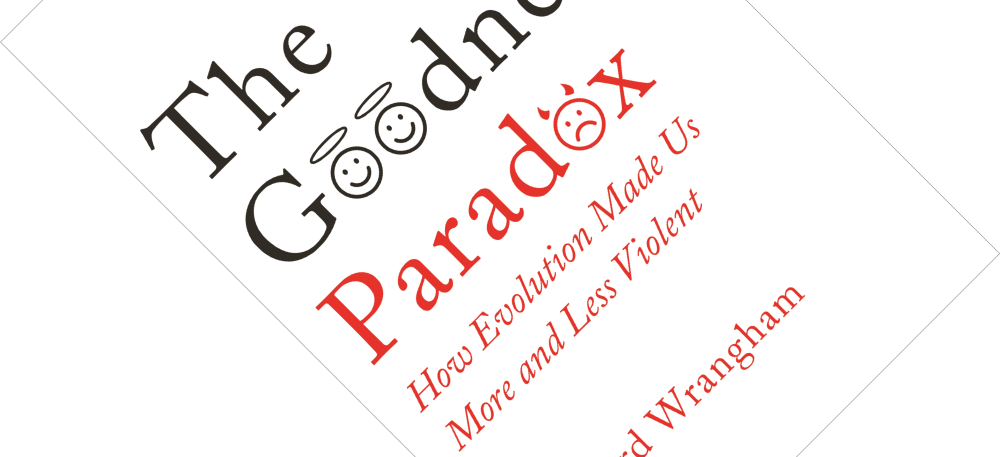7-minute read
keywords: geology, history of science
Take a look at the geological time scale[1]. Thanks to the dinosaurs, we have all heard of the Cretaceous, Jurassic, and Triassic. However, going back in time from the Triassic, the Phanerozoic Eon in which we live today stretches another 289 million years into the past; from the Permian that ended ~252 million years ago, through the Carboniferous, Devonian, Silurian, Ordovician, to the Cambrian that started ~539 million years ago. In The Greywacke, avocational geologist Nick Davidson tells the story of how those geological periods got their names and transports the reader back to the heydays of Victorian geology when three men would make Britain’s rocks the centre of international attention. In so doing, he unlocks for a general audience an episode in the history of geology that was so far consigned to more technical literature.

